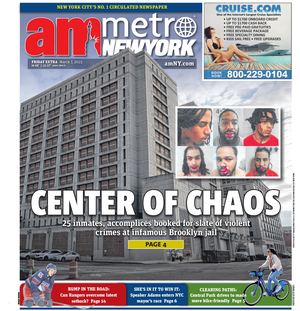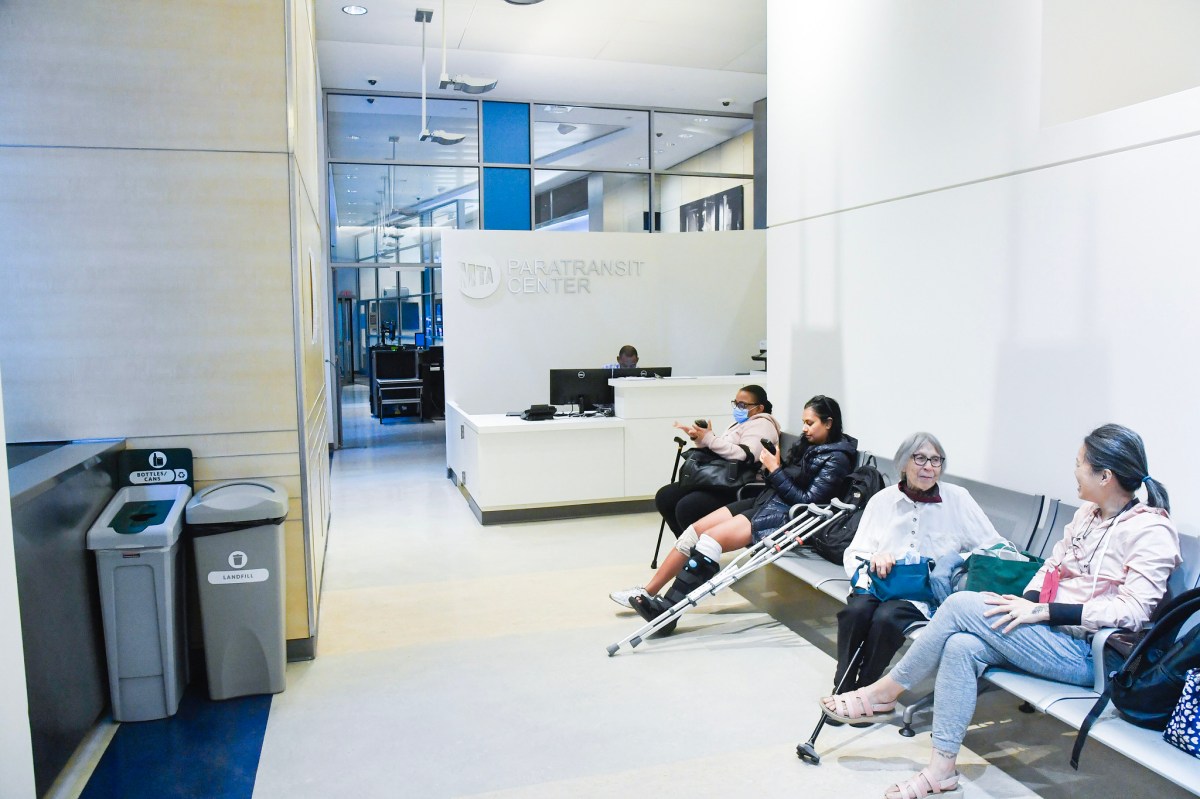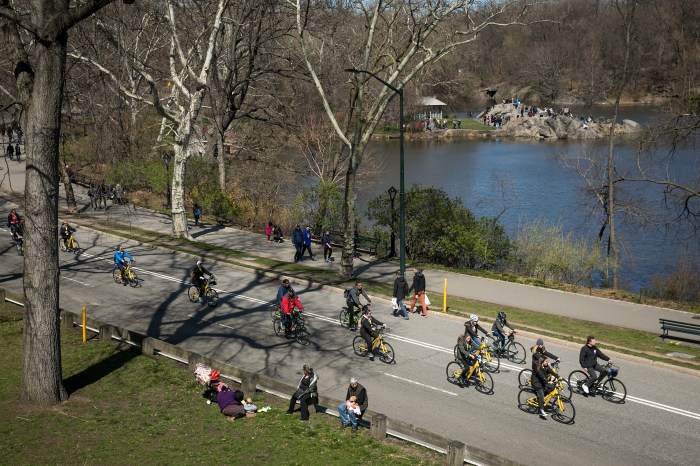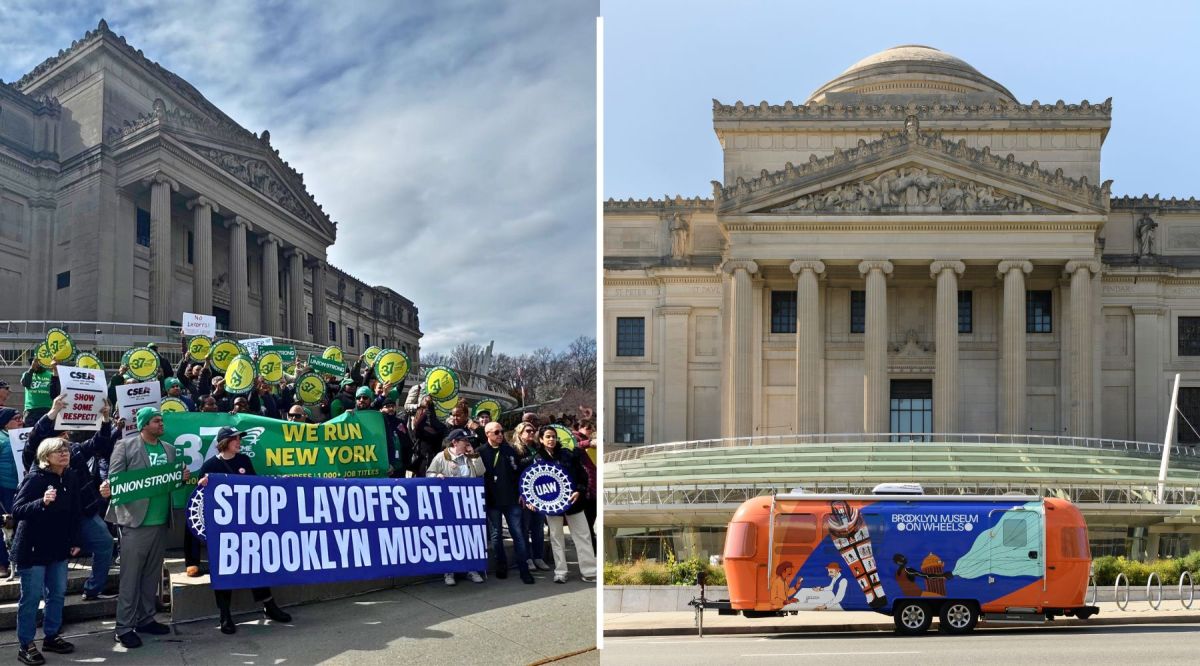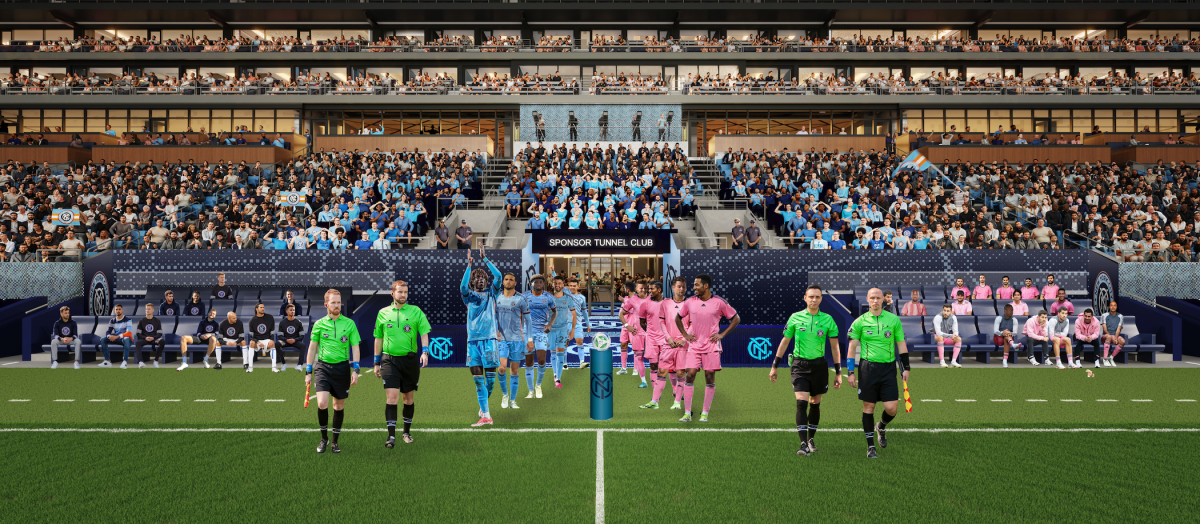The MTA has opened a new intake center for paratransit customers in Lower Manhattan, allowing Access-a-Ride to screen applicants living in the borough without forcing riders with disabilities to schlep to another part of town.
The assessment center at 3 Stone St., around the corner from MTA’s Financial District headquarters, screens new Access-a-Ride users to determine their eligibility for paratransit service. Manhattan has been without an intake center since 2022, when the one on West 13th Street closed its doors.
“This is a wonderful step, for those particularly that cannot take steps,” said RueZalia Watkins, chair of the MTA’s Paratransit Advisory Committee. “It’s an opportunity to join the rest of New Yorkers in participating in the activities of our city.”
More than 32,000 people ave applied for Access-a-Ride certification in 2024 alone, with 8,000 filing to recertify.
Qualifying New Yorkers with disabilities can take Access-a-Ride to travel through the city for the same price as a subway or bus fare, using the service’s blue-and-white vans or “broker services” contracted out to taxis or for-hire vehicles. Only about 30% of the subway system is considered accessible under the Americans with Disabilities Act. At the same time, all city buses are accessible, but they can be slower and do not provide a direct route over long distances.
The MTA says Access-a-Ride’s performance is currently on the upswing, with 800,000 rides logged in September. Unlike subways and buses, Access-a-Ride is expected to exceed pre-COVID ridership this year at over 9 million trips. Customer satisfaction was at 68% as of the most recent “Customer Counts” survey this spring.
Nonetheless, many disabled commuters — who already contend with a transit system not designed for their mobility — find the system to be lacking. The MTA touts on-time performance of over 80%, but what’s considered “on-time” is a vehicle arriving within 20 minutes of its scheduled time.
The Justice Department has accused the MTA of not operating substantially equal service on Access-a-Ride as is afforded to riders on the subway and bus, a violation of the Americans With Disabilities Act, due to the long and circuitous routes that riders often must face before they can reach their destination.
A federal human rights case against the MTA is currently pending.
